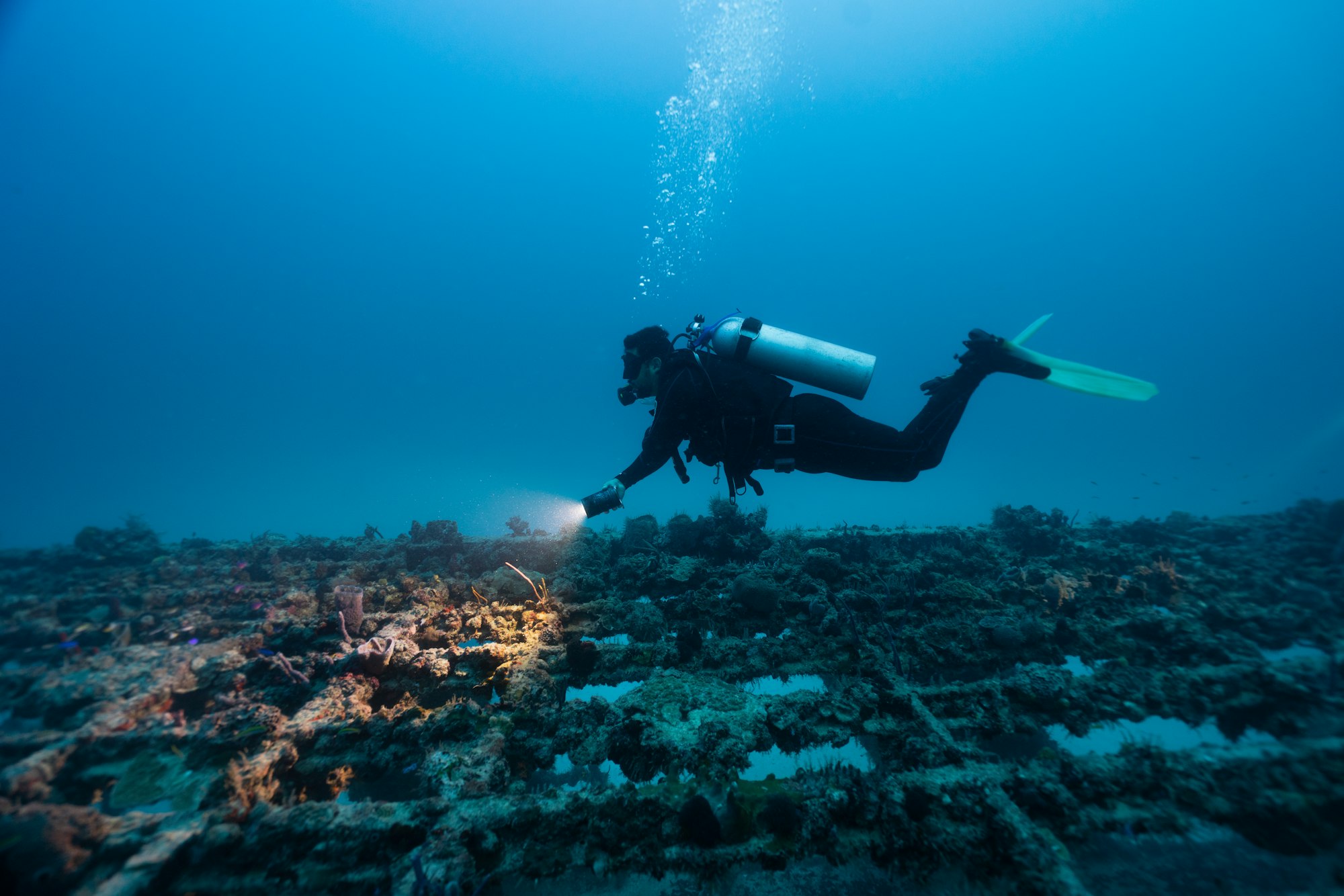
Diving is an aquatic sport requiring physical fitness, proper equipment and safety and emergency training as well as mental concentration to perform successfully. Diving involves entering the water at depth to explore its underwater environment for marine life such as coral or other objects created both naturally or manmade – and can be done both recreationally and competitively.
At the highest levels of competition, divers compete in what’s known as a meet. Each event in this event series is judged by five or more judges who award scores to each dive – ultimately, the individual with the highest total score wins the meet.
Diving competitions typically take place in pools, with divers utilizing floating platforms or springboards for diving off. There are various events within a diving competition such as front/backward dives, reverse diving and synchronized diving – as well as many jumping and freestyle techniques used during competitions.
Divers must ensure they can safely exit the water quickly and safely as marine environments can be hostile environments for humans. Unexperienced divers could suffer injuries such as tripping or falling while diving, colliding into surfaces or being attacked by marine life; injuries like these can quickly end a career of diving.
As with any sport activity, diving should always be approached with preparation; knowing your surroundings, carefully planning each dive, practicing with a dive buddy or simulator before diving is key to keeping yourself safe. In particular, divers must become acquainted with and utilize the buddy system; this allows two divers to communicate without talking with one another directly and creates an effective form of non-verbal communication between divers without necessarily exchanging words directly; they should also master using comprehensive hand signals as inaccuracy in conveying messages can pose serious safety threats.
Decompression sickness (commonly referred to as “the bends”), can be deadly if not properly addressed. This condition occurs when divers ascend too rapidly, releasing too much nitrogen into their bodies at once and creating nitrogen bubbles within. As soon as a diver ascends too rapidly and nitrogen bubbles form inside their system causing joint pain, headaches, dizziness, pins and needles, pins and needles sensations and sometimes paralysis or death may result. Decompression sickness can be avoided by following safe ascent procedures outlined within dive manuals while also giving enough time between dives for the excess nitrogen to dissipate into our systems.
Other safety considerations for diving include making sure there is enough air left in your tank and monitoring how much of it you use during each dive. Hydration before diving is also advised as well as understanding of environmental conditions in which diving will take place. Diving should not be undertaken if any medical condition could worsen from stress related activity or specific injuries such as spinal or concussion are present, in these instances medical clearance must first be sought from a physician before diving. It is certainly rewarding, yet should never take risks beyond what can be safely achieved!